Navigating the Energy Landscape: GIZIL at the Forefront of Resolving Challenges
Upstream companies in the oil and gas industry face a complex array of challenges, both traditional and emerging. This sector, responsible for the exploration and production of crude oil and natural gas, is highly dynamic and constantly tested by economic, environmental, and technological shifts.
Firstly, price volatility of oil and gas continues to be a major concern. Fluctuating prices, driven by a multitude of factors such as geopolitical instability, global demand and supply, and changes in currency rates, make profitability forecasting a complex task. This uncertainty often hampers strategic planning and investment decisions, making operational efficiency and cost control critical to survival.
Secondly, environmental and regulatory challenges are increasingly prominent. As society grows more conscious of climate change and its implications, pressure mounts on the upstream sector to reduce its environmental impact. This involves reducing greenhouse gas emissions, managing waste, and minimizing the ecological footprint of exploration and extraction activities. Regulatory bodies worldwide are also tightening rules, demanding higher standards for environmental protection, worker safety, and data transparency.

Finally, the rapid pace of technological change poses both a challenge and an opportunity. The digital revolution is transforming the oil and gas industry, enabling innovative solutions such as data analytics, automation, and artificial intelligence to optimize exploration and production processes. However, embracing these technologies requires significant investment, cultural change, and a workforce equipped with new skills.
Digitalization is very critical. Since upstream industries increasingly require improved capital efficiency, digitalization may help achieve this by driving operational improvements. For example, some companies use a CAD-type, augmented-reality (AR)-enhanced digital twin to assist field workers and subject matter experts working in an office or other location remotely collaborating in real-time to monitor, repair, or improve equipment. The collaborators may collaborate in a 3D virtual space around the actual piece of equipment by using virtual reality glasses.


Major digital activities undertaken by the industry
- Digital Twin Modeling
- Asset Simulation, Monitoring, & Control (Digital Twin)
- Predictive Maintenance
- Safety – Worker Management
- HR – Immersive Simulated Training
- Workforce Digitalization
- Internet of Things (IoT) Integration
- Drilling Automation
- Unman Operations and Robots
- Data and Workflow Integration
- Explore our services for Upstream
- Gizil Engineering
- Gizil Digital
- Gizil Construction












